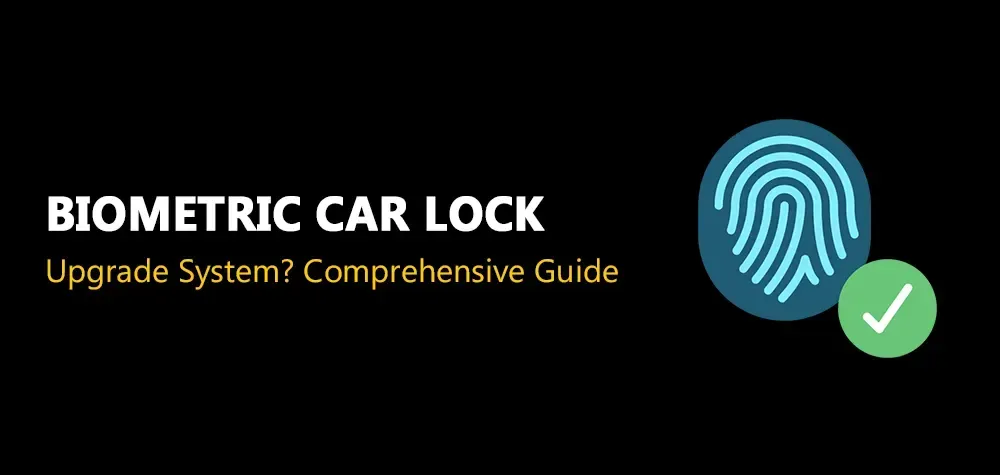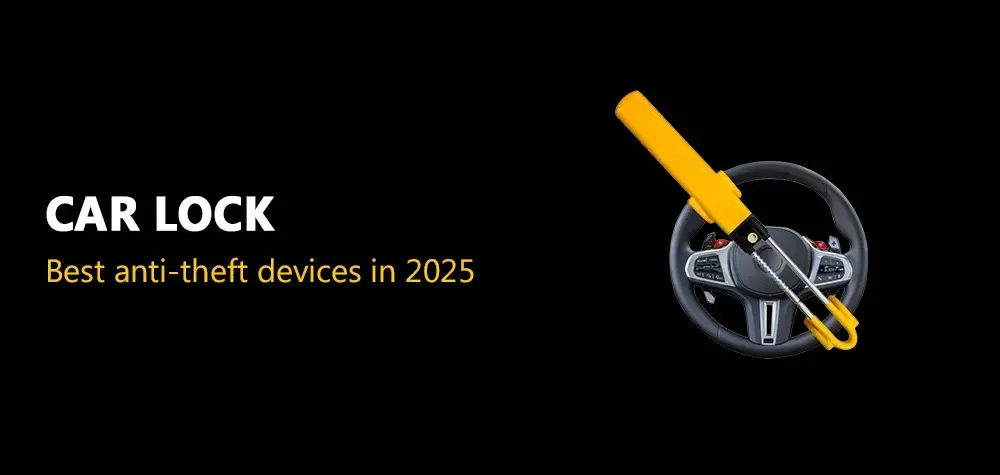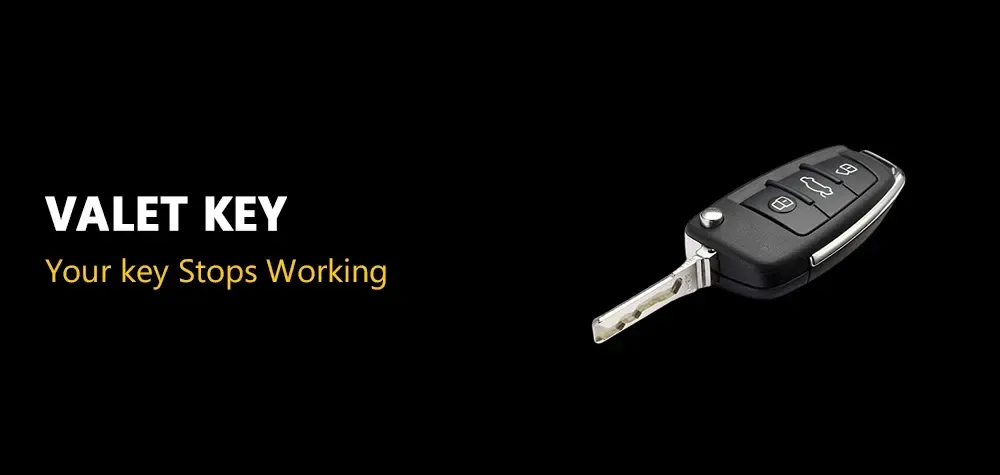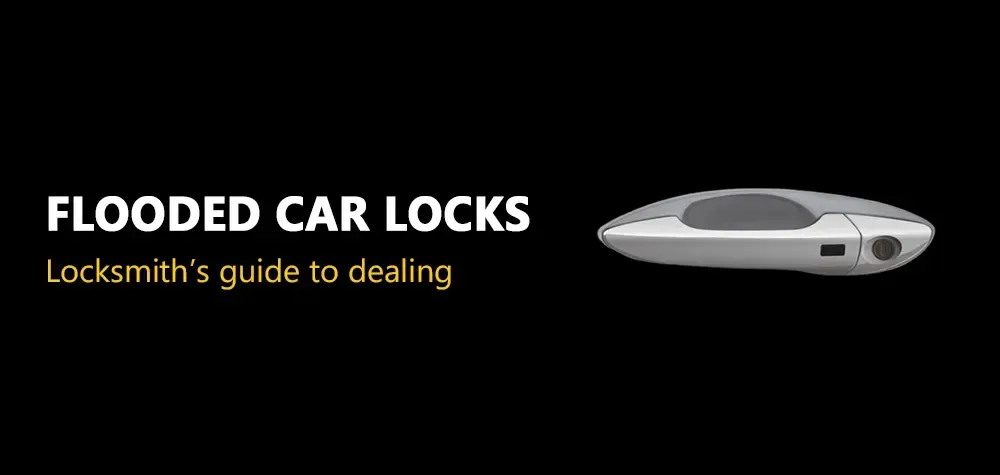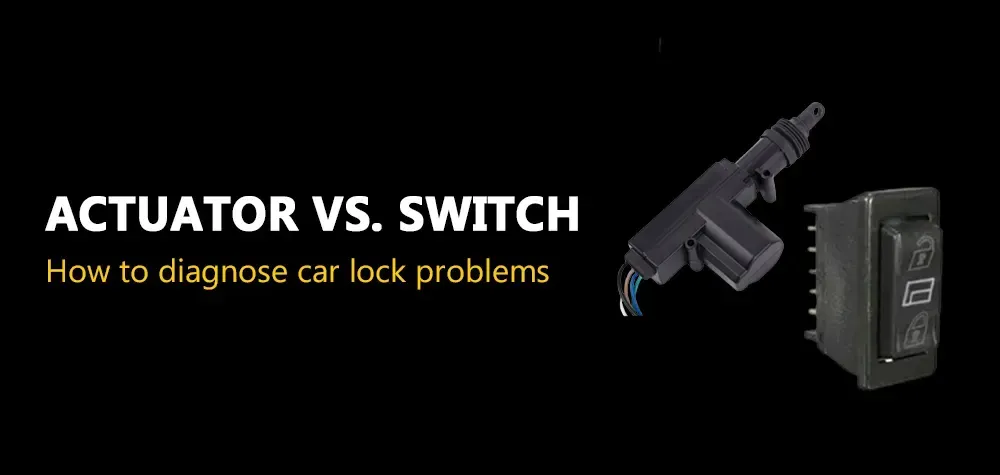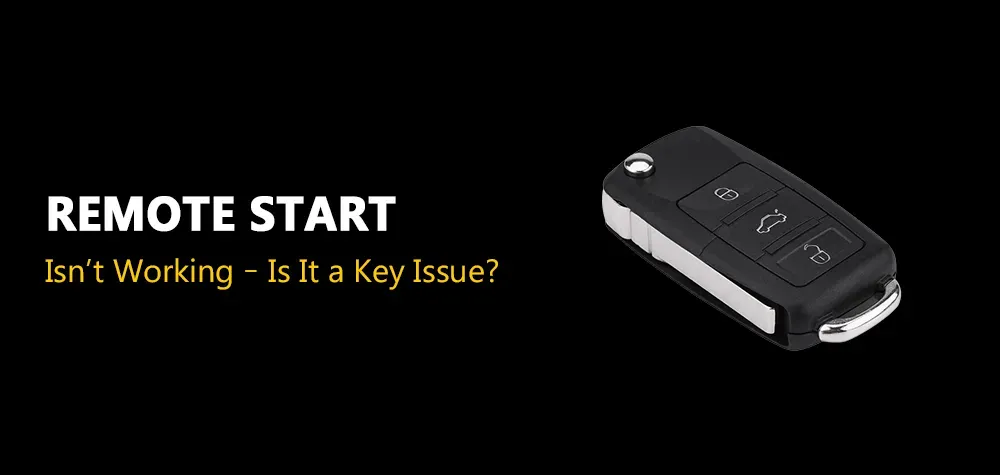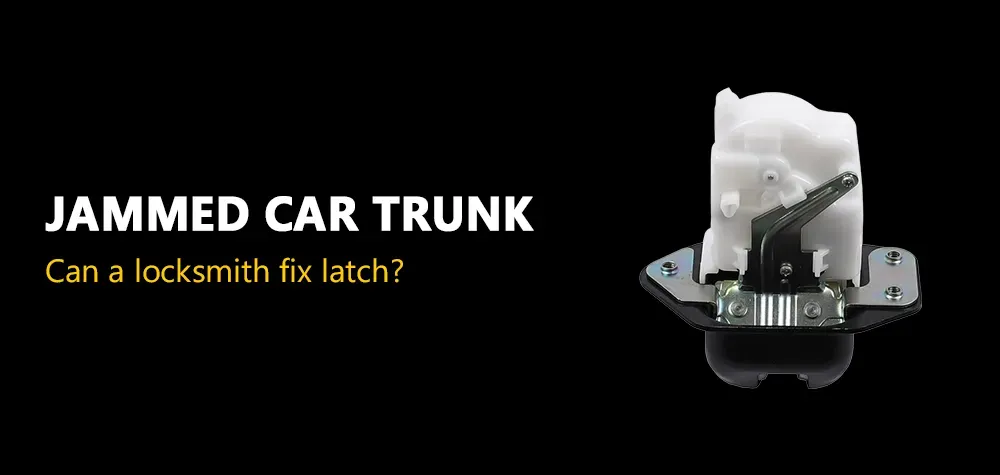Smart Locks vs. Traditional Locks: Which One is Right for You?
When it comes to home security, your choice of locks can make or break your defense against intruders. Traditional locks have been the go-to for centuries, providing a simple, mechanical solution to securing doors. On the other hand, smart locks have emerged as a futuristic alternative, offering high-tech features that promise convenience and enhanced security.
But which one is truly better for protecting your home? Should you stick with the tried-and-true mechanical lock, or upgrade to a smart lock with app-based control? Let’s break it down in an in-depth, no-nonsense comparison so you can make an informed decision. For professional assistance regarding residential locks, reach out to
Smart vs. Secure: Are Smart Locks the Right Choice
Strength and Reliability: Which Lock Offers Better Physical Security?
Traditional Locks: Tough and Time-Tested
Traditional locks are built on mechanical engineering principles. The most common types, including deadbolts and mortise locks, rely on solid metal components that make them difficult to break through. A high-quality deadbolt, for instance, can withstand lock-picking attempts, brute force attacks, and even drilling when reinforced properly.
A well-installed traditional lock made from hardened steel provides formidable resistance against burglars who rely on physical entry methods. For those who prefer a no-frills, highly durable security measure, traditional locks are a trusted choice.
Smart Locks: Digital Security Meets Physical Vulnerability
Smart locks, while offering cutting-edge technology, often rely on electronic components that can be susceptible to malfunctions, hacking, or even battery failure. While high-end smart locks integrate strong deadbolts, many cheaper models use weaker mechanisms that are easier to bypass.
Moreover, some smart locks still rely on traditional keyways, making them vulnerable to old-school lock-picking techniques. If the WiFi or Bluetooth connection is weak, some smart locks can also lag in response time, potentially leaving your home vulnerable.
Verdict: Traditional locks win in raw physical security. A well-built deadbolt will always provide strong resistance against forced entry.
Convenience and Ease of Use: The Everyday Factor
Traditional Locks: Simple, But Can Be a Hassle
Traditional locks require physical keys. This means if you lose your key, you’re locked out. If you need to provide access to guests, you’ll need to duplicate keys. Additionally, fumbling with keys in the dark or in bad weather can be frustrating.
However, traditional locks don’t require maintenance beyond occasional lubrication and are not dependent on batteries or network connections.
Smart Locks: Keyless Entry and Remote Access
Smart locks eliminate the need for physical keys. Many models allow you to unlock doors via PIN codes, fingerprint scanners, or mobile apps. You can even grant access to visitors remotely, making them perfect for Airbnb hosts or busy homeowners.
However, smart locks are dependent on power sources. If the battery dies and you don’t have a backup key, you’re stuck outside. Some smart locks also rely on internet connectivity, which means a WiFi outage could render them useless.
Verdict: Smart locks win in convenience, offering keyless entry and remote access. But they come with the downside of potential power or connection failures.
Vulnerability to Hacking and Lock Picking
Traditional Locks: Vulnerable to Physical Attacks
Lock-picking and bump keys remain the biggest threats to traditional locks. Standard pin-tumbler locks can be bypassed by skilled burglars within seconds. However, high-security locks with anti-pick, anti-drill, and bump-resistant features provide much better protection.
Smart Locks: Cybersecurity Threats Are Real
Smart locks are vulnerable to hacking. Weak passwords, outdated software, and unsecured WiFi networks can expose your lock to cyber threats. Hackers can intercept Bluetooth or WiFi signals and gain access to your home remotely.
Manufacturers constantly update firmware to counteract hacking attempts, but not all homeowners keep their smart locks updated, leaving them at risk.
Verdict: Traditional locks are vulnerable to physical tampering, while smart locks face cybersecurity risks. If properly maintained and updated, smart locks can be relatively secure, but they require more vigilance.
Cost: Upfront Investment vs. Long-Term Value
Traditional Locks: Budget-Friendly and Reliable
Traditional locks are generally more affordable, with high-quality deadbolts ranging from $30 to $150. Once installed, they require minimal maintenance and have a long lifespan, making them cost-effective over time.
Smart Locks: Expensive, But Feature-Rich
Smart locks range from $100 to $400, depending on features like fingerprint scanners, WiFi connectivity, and app integration. Some require additional smart home hubs, increasing costs. While they offer more functionality, they may need battery replacements and software updates, adding to the long-term cost.
Verdict: Traditional locks win in affordability and long-term reliability, while smart locks come with higher upfront costs and maintenance expenses.
Which One Should You Choose?
Choose a Traditional Lock if: You prioritize physical security, need a budget-friendly solution, or want a long-lasting lock with minimal maintenance.
Choose a Smart Lock if: You value convenience, remote access, and integration with a smart home system, and you’re comfortable with potential cybersecurity risks.
Conclusion: The Best Lock is the One That Fits Your Needs
Ultimately, the decision comes down to your security priorities and lifestyle. If you want foolproof physical security without digital risks, a high-quality deadbolt is unbeatable. If you need advanced access control and convenience, a smart lock can make life easier.
For the best of both worlds, consider a hybrid lock—a high-security traditional lock paired with a smart lock system for added convenience without sacrificing durability.
Whichever option you choose, make sure it fits your security needs, is installed properly, and is maintained regularly. Your home’s safety depends on it.
Call Us Any Time!
